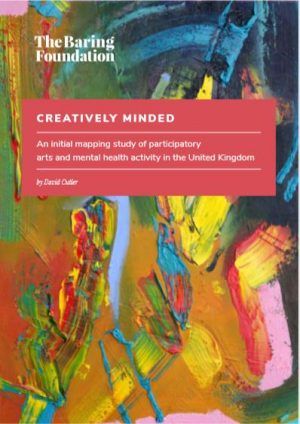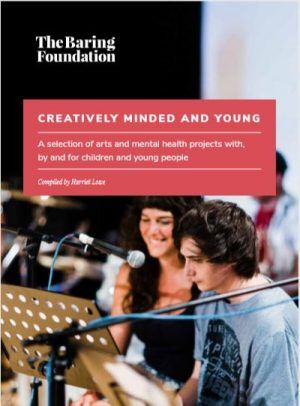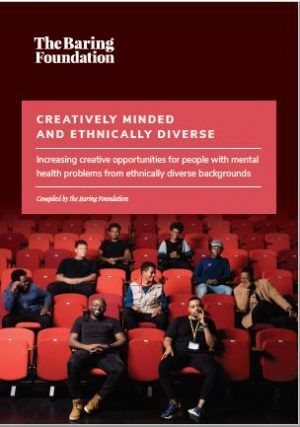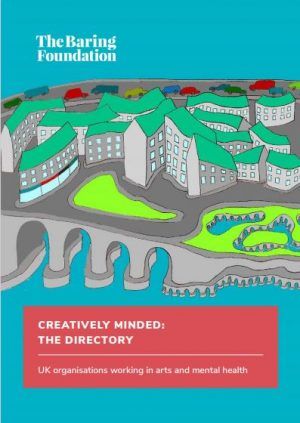I suspect I am not the only one but the Snakes and Ladders quality of the last year has left me managing to just about see as far as the next day. So the Prime Minister’s Roadmap out of lockdown felt hard to absorb. Will I be working in the office during the summer or even, for goodness sake, going on holiday?
But one thing that feels pretty certain is that there is going to be a long-term increase in mental health problems nationally. My colleagues will know that I tend to be pretty sceptical about figures but here are some recent ones that feel compelling. The Office of National Statistics found the incidence of depression to have doubled in a year before the end of 2020. The Centre for Mental Health has predicted that this will translate into 10 million people needing new or additional mental health support as a direct consequence of the pandemic. The phrase ‘PPSD’ (Post Pandemic Stress Disorder) is gaining currency. It is clear that the young and the old have been especially hard hit by the pandemic and there are almost daily stories of worsening mental health among young people. We have looked at what the arts can offer in Creatively Minded and Young. This is all on top of what was already accepted to be a dire situation in the provision of mental health services (the Government has promised an additional £500 million per year to tackle waiting times).
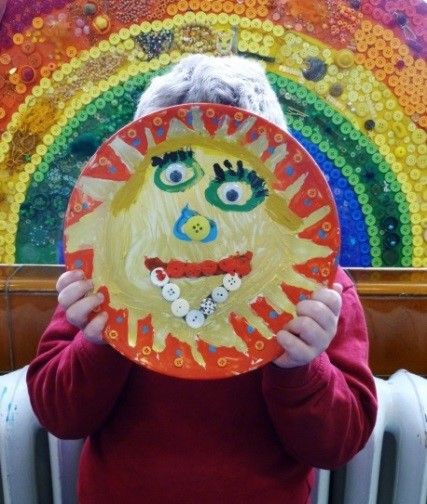
The increased need for relevant arts activities was already obvious before the pandemic, given the massive ramping up of social prescribing that was taking place in England and to a lesser extent in the other three nations. I would be the last person to suggest that the magic solution to all this is greater funding for creative activities for people with mental health problems, but equally I am sure that it is part of what is needed.
As shown by our report Creatively Minded and re-enforced by the subsequent Directory, there is a web of dedicated arts organisations across the UK with lots of experience of offering creative opportunities to people living with mental health problems. But it is a fragile web, where almost all these organisations are small scale and struggling for funding. Few of the larger arts organisations have a track record in offering opportunities to people with mental health problems (in contrast to creative ageing). The Baring Foundation also wants to support organisations to be better equipped to offer services and we have started this with our new fund and report Creatively Minded and Ethnically Diverse. Again, the disproportionate impact of Covid-19 on these communities is well documented.

And let’s not forget artists themselves. Even before the pandemic, research such as that in 2018 by Inspire showed deeply worrying levels of, for instance, addiction, and that 16% of respondents had attempted suicide. One of the reasons for these results, it was believed was the pressures of the gig economy. Well the impact of the pandemic has been terrible for the arts, bringing much of the sector to a grinding halt taking a tremendous toll on freelancers in particular.
All this adds up to a need for greater funding for arts organisations offering opportunities to people with mental health problems after the pandemic. But we all know that there is already unprecedented pressure on arts funders now and that will continue for a long time to come. That means two things. Firstly, effective and unabashed advocacy for the priority of arts work in this area and, secondly, a renewed effort for funding from the health sector (acknowledging the pressures that they too face). At the moment, almost all funding for creative activity (other than arts therapy) is coming from arts funders. It has been a Holy Grail for years to change this but with little impact. That makes the launch of the new National Centre for Creative Health, which will be looking at better recognition of the role of the arts in Integrated Care Systems, all the more welcome.
There are tough times ahead including for public finances. But the positive effect of the arts is gaining steadily more acceptance, as is the realisation of the scale of the challenge to mental health to come. The level of need is enormously beyond the means of the Baring Foundation but we will work hard with arts organisations to campaign for more resources.
